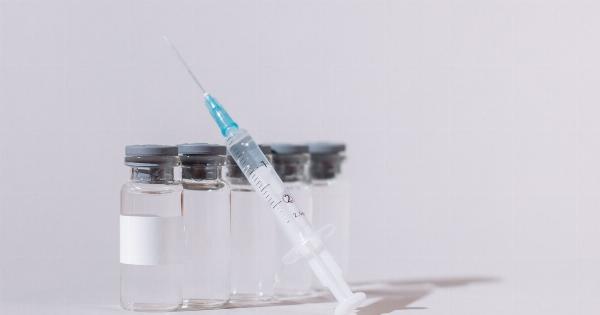AROG, the leading healthcare provider in the country, has joined forces with the Ministry of Health to raise awareness about diabetes and its complications.
According to the International Diabetes Federation, there are more than 425 million people with diabetes worldwide, and the numbers are expected to rise to 700 million by 2045. In India, it is estimated that around 77 million people have diabetes, and the number is projected to increase to 134 million by 2045.
The Need for Diabetic Awareness
Diabetes is a chronic disease that occurs when the pancreas is unable to produce insulin or when the body cannot effectively use the insulin it produces. This results in high blood sugar levels, which can damage various organs and tissues over time.
Diabetes is a leading cause of cardiovascular disease, kidney failure, blindness, and amputation. It can also worsen other conditions such as tuberculosis, HIV, and COVID-19.
Despite its prevalence and severity, diabetes remains largely undiagnosed and untreated in many parts of the world. In India, only half of the people with diabetes are aware of their condition, and only a quarter have it under control.
Moreover, diabetes is often accompanied by stigma, misinformation, and discrimination, leading to further barriers to care.
The Role of AROG and Ministry of Health
AROG and the Ministry of Health recognize the urgent need to address diabetes and improve the quality of life for people living with the disease.
Together, they have launched a series of initiatives aimed at increasing awareness, screening, diagnosis, treatment, and management of diabetes across the country.
Diabetes Awareness Campaigns
AROG and the Ministry of Health have launched several public campaigns to raise awareness about diabetes and its complications.
These campaigns use various media channels, such as television, radio, newspapers, social media, and community events, to reach a wide audience of all ages, genders, and ethnicities.
The campaigns focus on the causes, symptoms, risk factors, and prevention of diabetes, as well as the importance of regular check-ups, adherence to medication, healthy lifestyle habits, and support from family and healthcare providers.
They also address the myths and misconceptions surrounding diabetes, such as the belief that it is caused by sugar intake alone or that it affects only older people.
Diabetes Screening and Diagnosis
AROG and the Ministry of Health are also working to improve diabetes screening and diagnosis rates in the community.
They have trained healthcare providers to use standardized protocols for detecting diabetes early and accurately, such as measuring blood sugar levels, glycated hemoglobin (HbA1c) levels, and oral glucose tolerance tests.
They have also established screening camps in remote and underserved areas, where people can get tested for diabetes and receive counseling on lifestyle modifications and follow-up care.
The screening camps are staffed by trained personnel and equipped with advanced testing equipment and supplies.
Diabetes Treatment and Management
AROG and the Ministry of Health are committed to providing comprehensive and personalized diabetes treatment and management services to people with the disease.
They have developed guidelines for diabetes care that are based on evidence-based medicine and tailored to the individual needs and preferences of each patient.
The guidelines cover various aspects of diabetes care, including glucose control, blood pressure control, lipid management, weight management, foot care, eye care, kidney care, and mental health.
They also emphasize the importance of multidisciplinary care, teamwork, and patient empowerment, and incorporate the latest technologies and innovations in diabetes management.
Collaboration with Stakeholders
AROG and the Ministry of Health understand that diabetes is a complex and multifaceted issue that requires collaboration and engagement from various stakeholders, such as civil society organizations, academia, industry, and government agencies.
They have therefore established partnerships and networks with these stakeholders to leverage their expertise, resources, and influence in advancing diabetes care and awareness.
They have also encouraged the participation of people with diabetes and their families in the design, implementation, and evaluation of diabetes programs, to ensure that their needs and perspectives are taken into account.
Conclusion
The collaboration between AROG and the Ministry of Health for diabetic awareness is a crucial step towards addressing the growing burden of diabetes in India and improving the health outcomes of millions of people with the disease.
Through their joint efforts, they are raising awareness, promoting early detection and diagnosis, providing high-quality care, and engaging with stakeholders to achieve a diabetes-free future.































